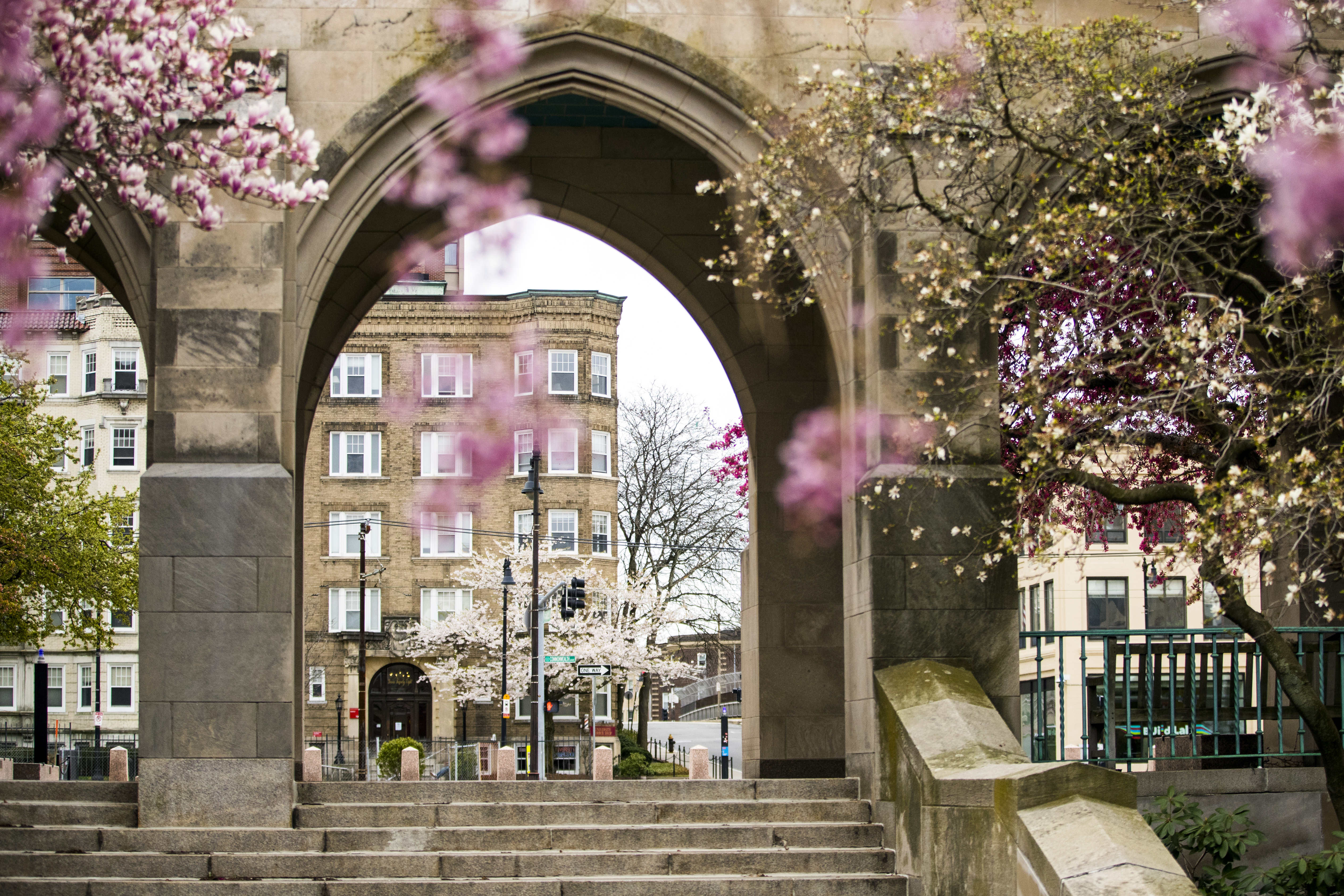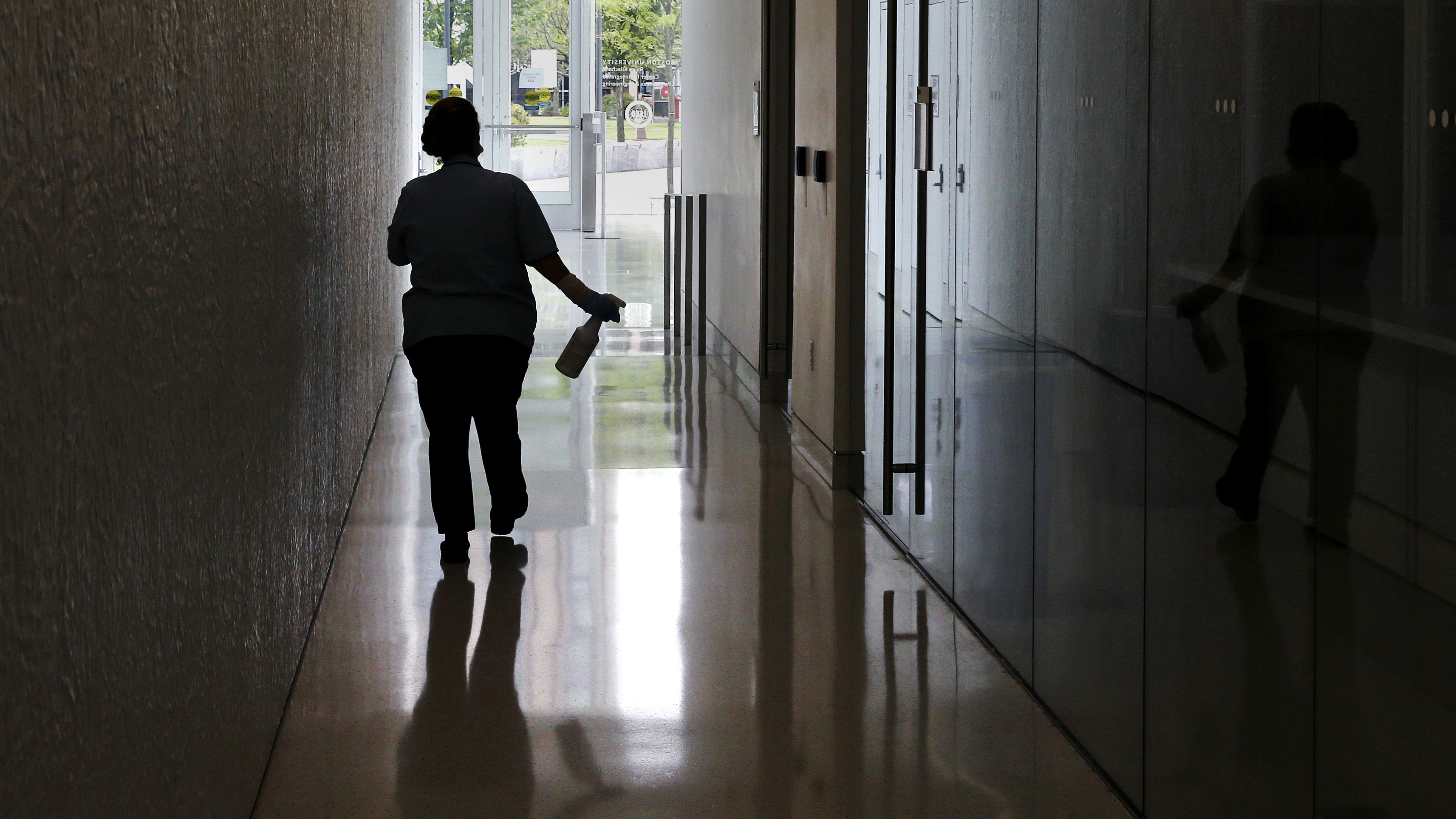Some people are concerned that bringing students back to Massachusetts college campuses could bring coronavirus clusters that require classes to quickly go remote, especially in light of what is unfolding at UNC-Chapel Hill.
Just a week after in-person classes started at UNC, more than 300 students and staff have tested positive for COVID-19. North Carolina's flagship university has had to go fully online.
“My concern with opening colleges today, and people starting to move back, is having these states around the country that these numbers are still surging,” Boston Mayor Marty Walsh said Tuesday.
Dr. Daniel Kuritzkes, the chief of infectious diseases at Brigham and Women’s Hospital said, “I think frequent testing and contact tracing are going to be absolutely essential for keeping the case load at universities and colleges down.”
We heard from several Massachusetts colleges and universities who said their reopening plans are vastly different from UNC-Chapel Hill’s plan.
Specifically, a representative of Tufts University pointed out that “UNC did not conduct on-board testing for returning students and did not conduct asymptomatic testing, both of which we think are critical for a safe and successful return to campus.”
“I think that we can bring students back to the college and university campuses safely,” said Kuritzkes, “if people play by the rules.”
He said that what may trump testing and contact tracing is a social contract for all students.
“Students are being given the privilege of returning to campus,” said Kuritzkes, “and in exchange for that privilege they have an obligation to the community to behave responsibly.”
Just about all the colleges and universities here in Massachusetts have made it clear to students that if they don’t follow the rules, there will be consequences – including being barred from campus.



